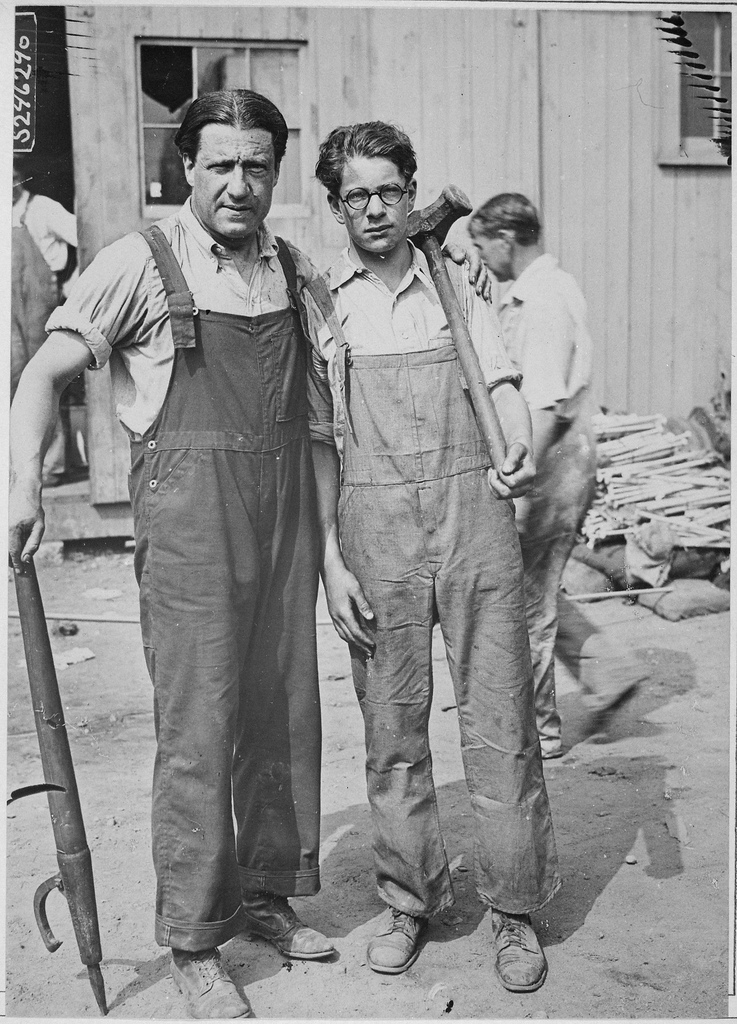Work – From a Materialistic to a Humanistic Account of Human Labor
DOI:
https://doi.org/10.13135/2038-6788/8364Parole chiave:
Concezione umanistica del lavoro, Economia neoclassica, Cambio di paradigmaAbstract
The long prevalent paradigm of neoclassical economics, often conjoined in unholy matrimony with neoliberal concepts of politics, is currently being questioned from a myriad of critical voices, inside and outside of academic departments. Notwithstanding their diverse tonalities and intonations, all these voices come together in one powerful accord, i.e. that the malfunctioning of our economic system is endemic, i.e., a practical consequence of a theoretical misconception of what economics is, or ought to be. The strikingly consonant criticisms demand nothing short of a paradigm change in economics, away from a materialistic and towards a humanistic conception of human labor. While the still prevalent neoclassical account of human work is physicalistic and describes economic activity through metaphors of mechanic work, what we need, instead, is a humanistic account of the purposes and forms of human labor. In what follows, I will establish this thesis by 1) a deconstruction of the mechanistic paradigm of economics, and 2) by sketching the advantages of a humanistic approach to economic activity.



